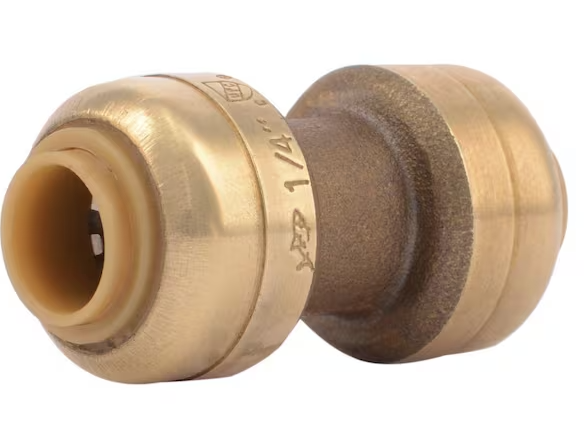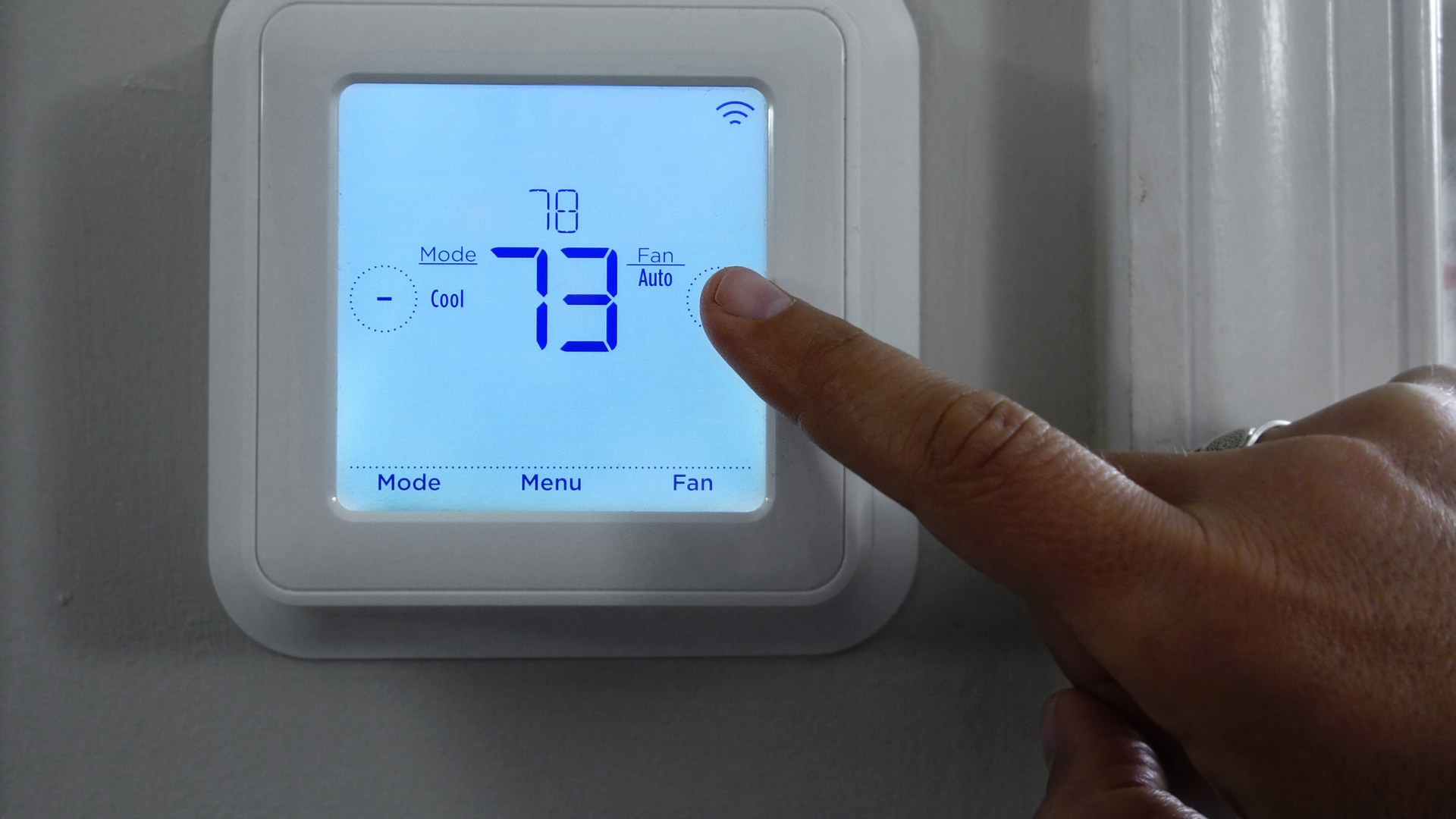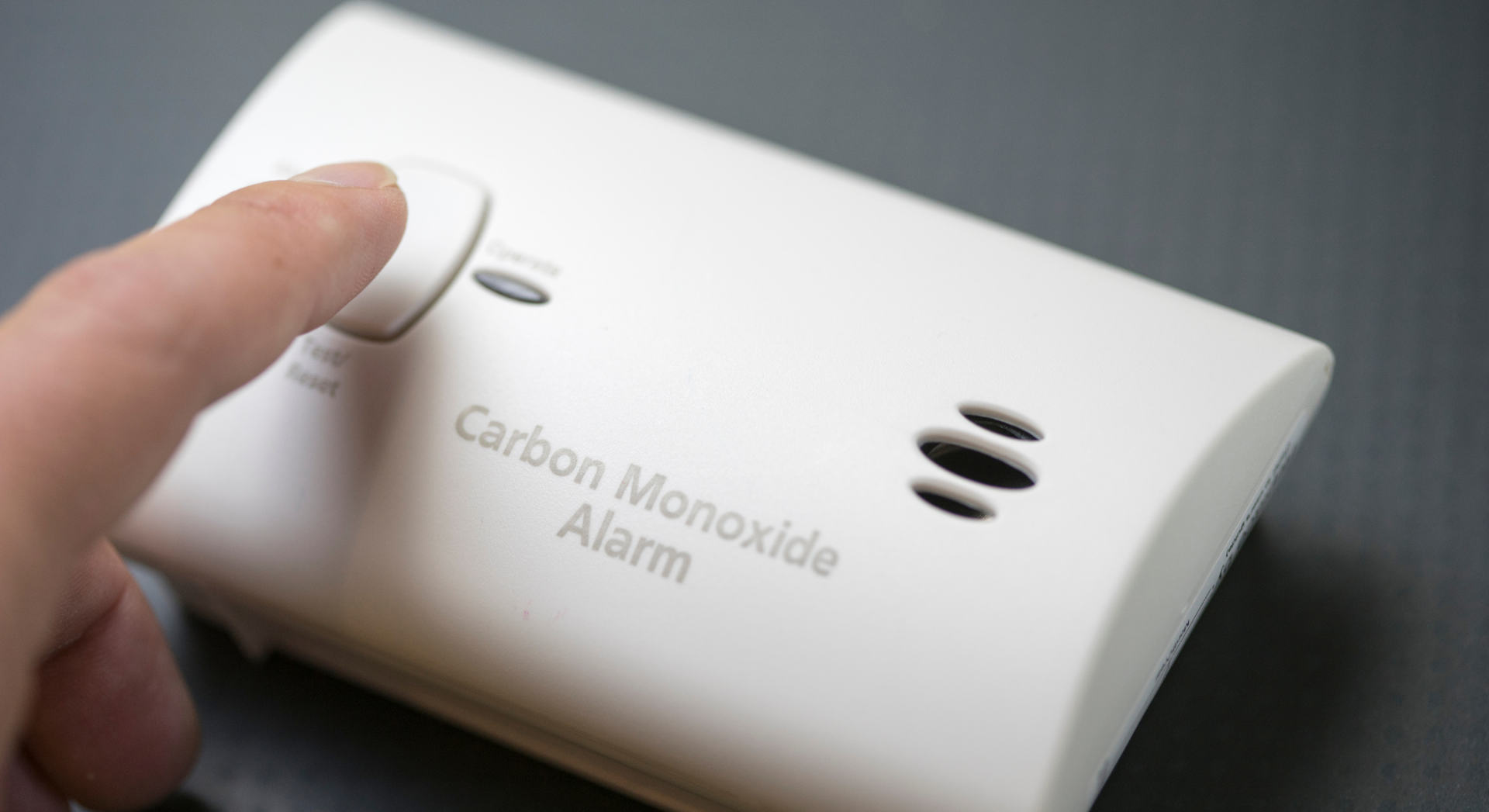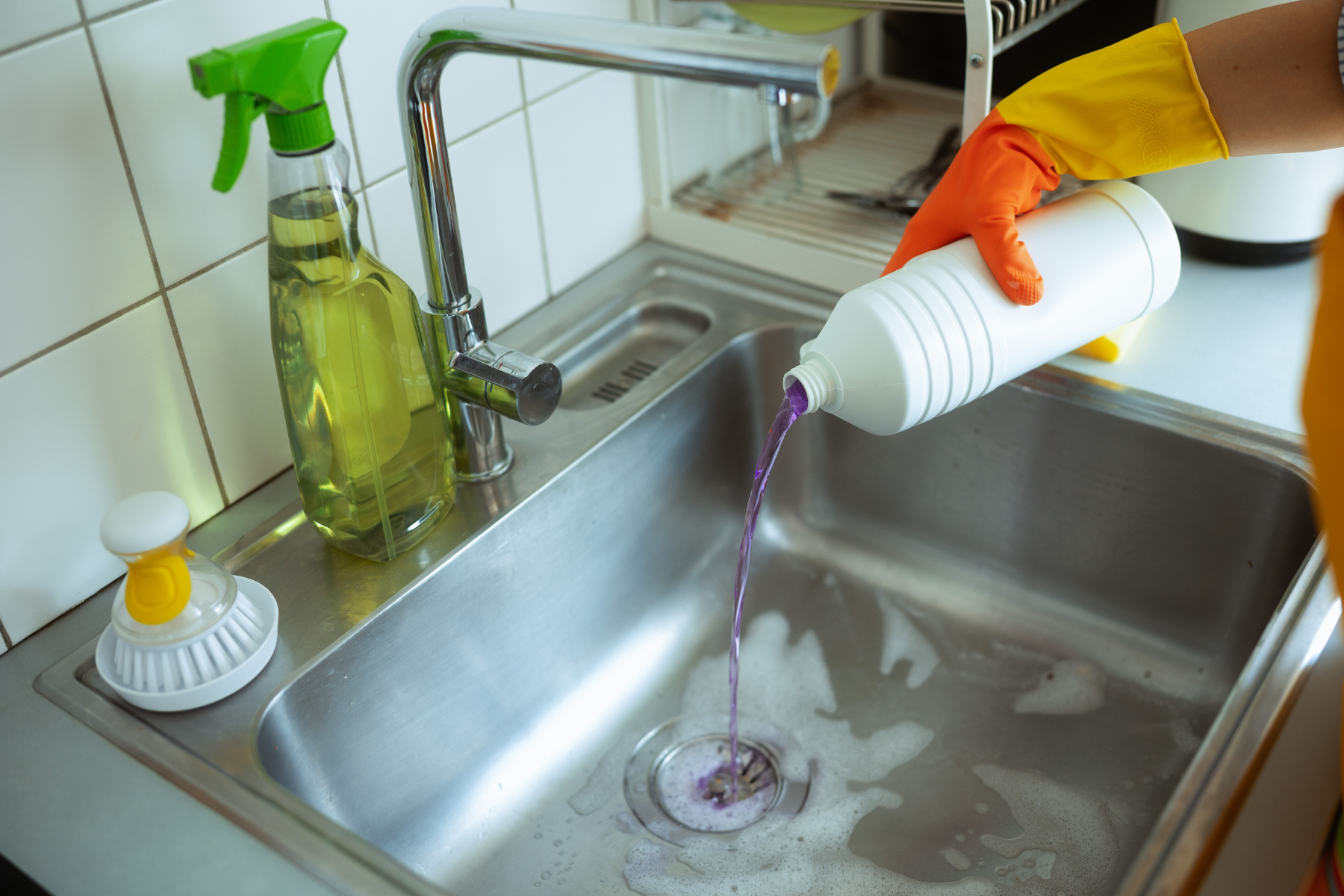SharkBite Connections: The Homeowner's Guide to Push-to-Connect Plumbing
The Homeowner's Guide to Push-to-Connect Plumbing

SharkBite Connections: The Homeowner's Guide to Push-to-Connect Plumbing
As a homeowner, understanding the various components and techniques plumbers use in your home is crucial. One increasingly common method you might encounter is the use of "SharkBite" fittings. These push-to-connect fittings have revolutionized the plumbing world with their ease of use, but should you be concerned if your plumber opts for them? Let's dive into everything you need to know about SharkBite connections.
What are SharkBite Connections and How Do They Work?
SharkBite is a brand name for a type of push-to-connect plumbing fitting. Unlike traditional methods that require soldering, crimping, or gluing, SharkBite fittings create a watertight seal simply by pushing the pipe into the fitting.
Here's the magic behind their operation:
- Collet: Inside the fitting, a white plastic collet with stainless steel teeth grips the pipe securely.
- O-ring: A specially designed EPDM O-ring compresses around the pipe, forming a watertight seal.
- Reinforcing Ring: A brass reinforcing ring ensures the O-ring maintains its shape and seal.
This internal mechanism allows for quick and secure connections without the need for specialized tools or extensive training, making them incredibly efficient for plumbers.
Are SharkBite Fittings High Quality?
Yes, when used correctly and in appropriate applications, SharkBite fittings are considered high-quality. They are made from durable brass and have been rigorously tested to meet industry standards. Many plumbers trust them for their reliability and ease of installation.
However, their quality is heavily dependent on proper installation and the condition of the pipe being connected.
Do They Last?
SharkBite fittings are designed for long-term use. Manufacturers generally provide a warranty of 25 years or more, suggesting a significant expected lifespan. They are resistant to corrosion and can withstand high temperatures and pressures common in residential plumbing systems.
However, like any plumbing component, their longevity can be affected by:
- Pipe condition: The pipe must be clean, free of burrs, and perfectly round for a proper seal.
- Installation errors: Improper insertion or twisting of the fitting can compromise the seal.
- Water quality: Extremely hard water or water with high mineral content can potentially lead to issues over very long periods, though this is rare.
- Exposure to chemicals: Certain chemicals can degrade the O-ring over time.
When Are SharkBite Fittings Appropriate to Use?
SharkBite fittings are incredibly versatile and can be used with various pipe materials, including:
- Copper
- CPVC (Chlorinated Polyvinyl Chloride)
- PEX (Cross-linked Polyethylene)
They are particularly appropriate and popular for:
- Repairs: Their quick installation makes them ideal for emergency repairs, especially in situations where draining the entire system is difficult or time-consuming.
- Tight spaces: Their compact size and lack of need for tools in front of the connection make them excellent for cramped areas where soldering or crimping would be challenging.
- DIY projects (with caution): While marketed as DIY-friendly, professional installation is always recommended for critical plumbing work.
- Temporary connections: They can be useful for temporary setups or while waiting for more permanent solutions.
- Transitioning between pipe materials: SharkBite fittings can seamlessly connect different types of pipes, which is a common scenario in older homes during renovations or repairs.
Should the Homeowner Be Concerned if a Plumber Wants to Use Them?
In most cases, no, you should not be concerned if your plumber recommends using SharkBite connections. A skilled and reputable plumber will understand when and where these fittings are appropriate and will install them correctly.
Here's what to consider:
- Professional Expertise: A professional plumber has the experience to properly prepare the pipe, ensure a clean cut, and fully insert the fitting for a secure connection. This minimizes the risk of leaks or failures.
- Code Compliance: SharkBite fittings are approved by major plumbing codes in North America, meaning they meet established safety and performance standards.
- Cost and Time Savings: Their ease of installation can translate into lower labor costs and less disruption to your home during repairs.
However, a healthy level of inquiry is always good. You might ask your plumber:
- "Why are you choosing SharkBite for this particular application?"
- "Is this a permanent solution, or is it intended as a temporary fix?"
If a plumber exclusively uses SharkBite for every connection without considering other methods, it might be worth a conversation, but for specific, appropriate uses, they are a reliable choice.
What Should You Know as a Homeowner?
- Proper Installation is Key: While seemingly simple, incorrect installation is the primary cause of SharkBite failures. Ensure your plumber cleans and deburrs the pipe thoroughly and marks the insertion depth before connecting.
- Not for Every Situation: While versatile, some plumbers still prefer soldered or crimped connections for new construction or specific high-pressure applications where long-term, absolutely immovable connections are paramount.
- Accessibility: Like all plumbing connections, it's best if SharkBite fittings are installed in an accessible location for future inspection or maintenance, though they are often used in areas that become inaccessible after installation (e.g., behind drywall).
- Cost: SharkBite fittings can be more expensive than traditional copper or PEX fittings, but the labor savings often offset this cost.
In conclusion, SharkBite connections are a legitimate and effective tool in a modern plumber's arsenal. When installed correctly by a qualified professional, they offer a durable, reliable, and efficient solution for many plumbing needs. Instead of concern, view them as a sign that your plumber is utilizing modern, efficient, and code-approved technology to provide you with a high-quality plumbing solution.
Click Another Article to Read More










